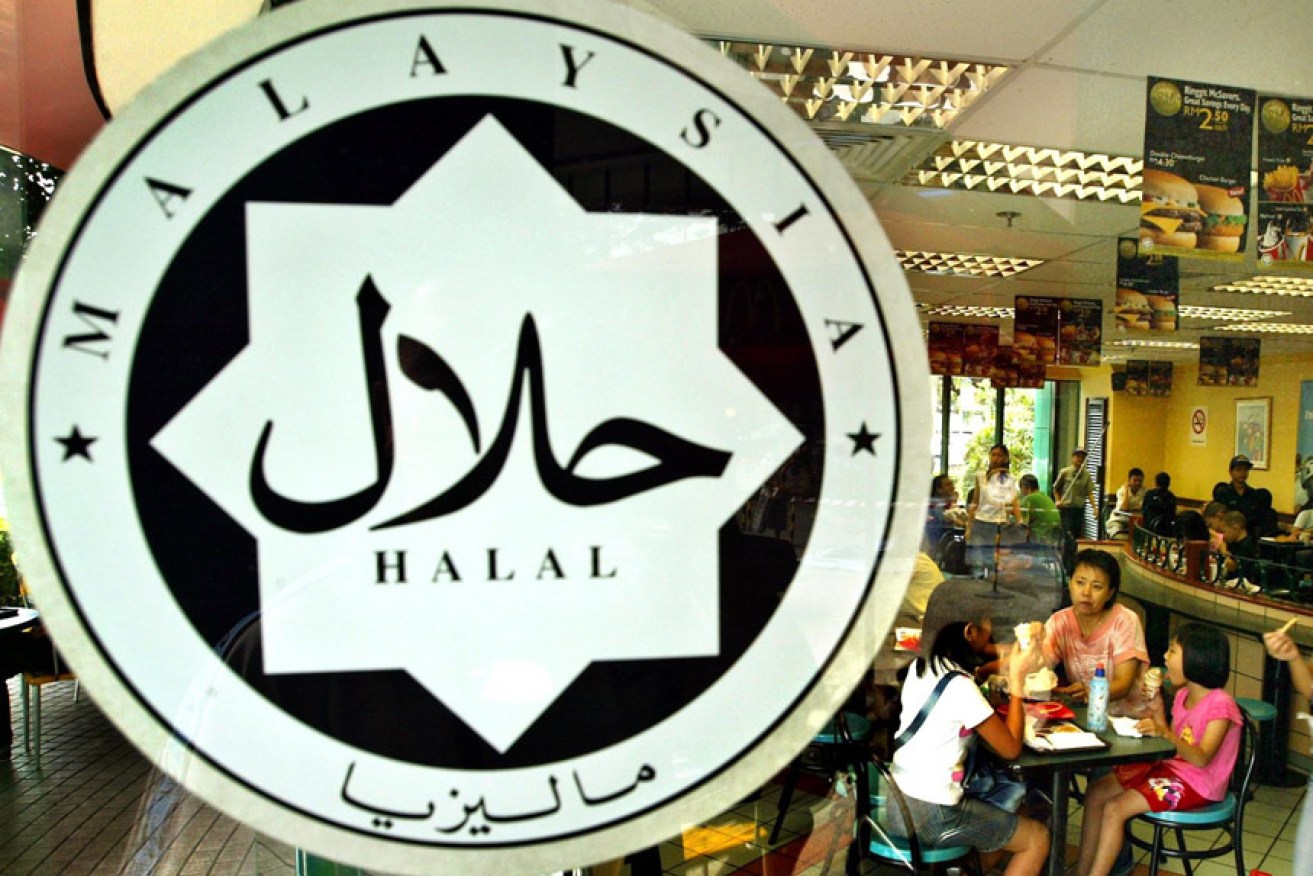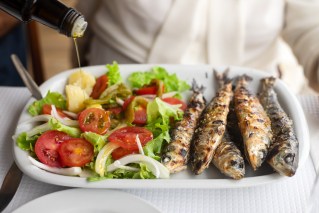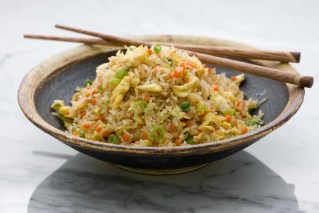Halal certification: what you need to know


AAP
Literally, ‘halal’ means food that is permissible for observing Muslims.
According to the Australian Food and Grocery Council, halal food must be free from any traces of pigs or animals not slaughtered in compliance with Islamic rites.
• Australian boycott of halal products
Food must be processed, made and manufactured with equipment and machinery that is cleaned according to Islamic law, which means it must not be cleaned with alcohol.
According to the Department of Halal Certification, halal certified meat must be slaughtered by a Muslim while facing Mecca, a sacred site in Saudi Arabia.
Halal certification
Some of Australia’s biggest food companies, including SPC, Nestle and Cadbury, bear the halal certification, an accreditation that can attract costs of between $1,000 and $27,000, according to Fairfax.
The halal certification assessment is conducted by accredited Islamic organisations around Australia, including the Halal Certification Authority Australia and the Australian Federation of Islamic Councils.
The global halal food industry is worth US $2.7 trillion and is growing at a rate of 20 per cent annually, according to a Japanese halal summit held earlier this year.








